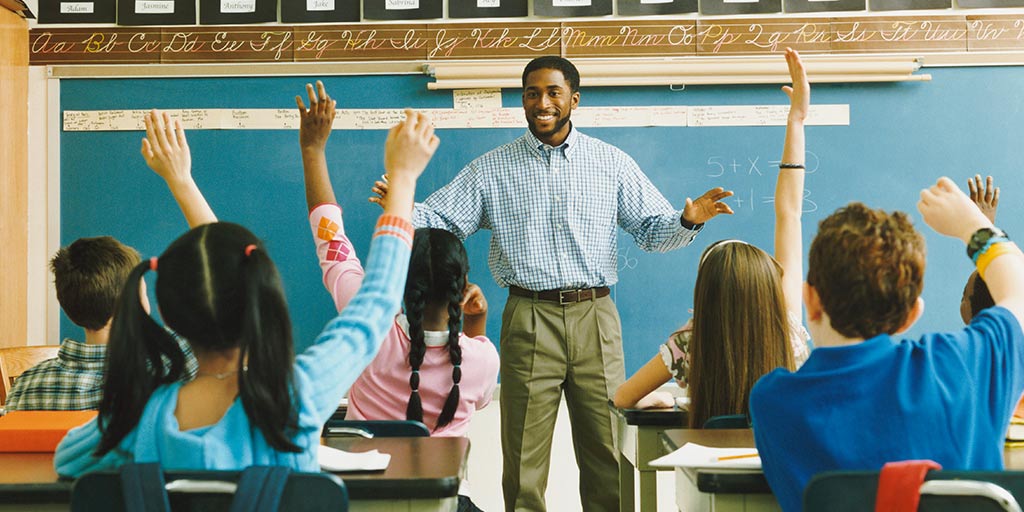Systematic reviews and meta-analyses – what’s all the fuss?
Should we be using systematic reviews and meta-analyses as teachers and school leaders to support the decisions we make, or is that a luxury? How do...

Login | Support | Contact us
Professor Robert Coe : Jun 22, 2016 11:55:00 AM
5 min read

I give a fair number of talks to groups of teachers and school leaders on the subject of connecting educational research with their practice. Often I will mention a particular book, such as John Hattie’s Visible Learning, Graham Nuthall’s Hidden Lives of Learners or Dylan Wiliam’s Embedded Formative Assessment, and ask if anyone has read it. I have learnt that it is rare for more than a handful of my audience to say yes; I confess I am repeatedly disappointed by this. Not a scientific sample or robust methodology, I know, but my guess would be that most teachers would never choose to read a book on education and almost none could say they have read more than one such book a year during the time they have been practising.
Why does it matter? Isn’t teaching something you just learn by doing it, and by professional interactions with other teachers? Well, no, actually we know that it isn’t (from research, incidentally, eg Robinson et al – see below). Compare this with other professions, such as medicine, where reading about research is a standard expectation. Or look at the number of decisions and practices that are widespread in schools but directly opposed by the best available research evidence (Coe et al 2014 – see below).
Sometimes I ask my audience what stops them reading about education. Of course they say lack of time, but I am brutally unsympathetic towards this excuse: you make time for what is important. Those who seem most likely to be persuadable sometimes say they don’t know where to start, or that they have had bad experiences of reading educational research which is unfailingly impenetrable, inaccessible and irrelevant.
So here is my list of sources of educational research for teachers: things that are worth reading. These are all relevant to teaching and/or school leadership and present high-quality, sound research. Most are written for a teacher audience, ie not too technical, jargon-filled or unnecessarily complex. They may be more likely to challenge, provoke and inform than immediately inspire: more balanced meal than fast food. But hopefully something nutritious to chew on, digest and enjoy.
Just a small selection of my favourites here, with something for everyone
There are hundreds of excellent blogs written by teachers and many of my favourites are not on this list, but I have tried to limit it to ten that regularly present sound educational research and connect it with school practice.

Should we be using systematic reviews and meta-analyses as teachers and school leaders to support the decisions we make, or is that a luxury? How do...

by Professor Robert Coe We’ve all done it: observed another teacher’s lesson and made a judgement about how effective the teaching was. Instinctively...

In 2017, the International School of Geneva’s Institute of Learning and Teaching, in partnership with several outside organizations, launched a...